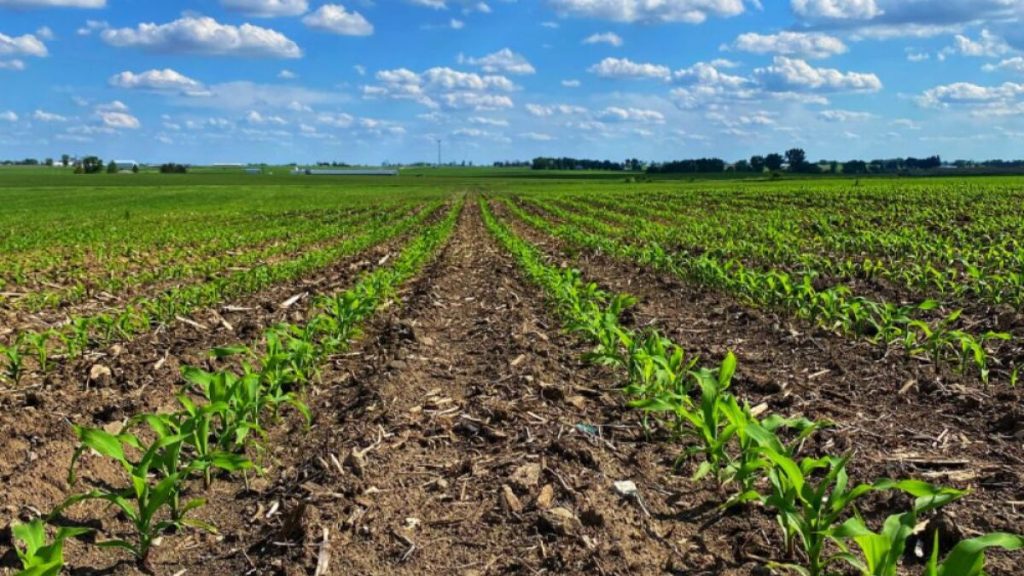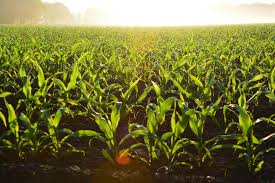Arid lands of northern Nigeria are expanding and creeping into once-fertile farmlands. Farmers in states like Borno, Yobe, and Katsina are watching their soil turn to dust, unable to support the crops they have relied on for generations. This slow, silent crisis is known as desertification, and it poses a direct threat to Nigeria’s food security, economy, and rural livelihoods.
Understanding desertification
Desertification occurs when fertile land gradually loses its ability to sustain plant life due to factors such as climate change, deforestation, and unsustainable farming practices. In Nigeria, the Sahara Desert is advancing southwards at an alarming rate of 0.6 kilometres per year, swallowing up farmland and displacing communities.
According to the United Nations Convention to Combat Desertification (UNCCD), about 35% of Nigeria’s total land area is already affected by desertification, with an estimated 400,000 hectares of land lost annually. If unchecked, this environmental disaster could leave millions without food and income.
Causes of desertification in Nigeria
Several factors contribute to the growing problem of desertification in Nigeria:
- Deforestation
The felling of trees for firewood, charcoal, and commercial logging exposes the soil, making it vulnerable to erosion and drying out. Northern Nigeria’s high dependence on firewood for cooking accelerates this process.
- Unsustainable farming practices
Overgrazing by livestock, excessive ploughing, and continuous cropping without soil replenishment strip the land of nutrients and degrade the soil structure.
- Climate change
Rising temperatures and irregular rainfall patterns reduce soil moisture, making it harder for vegetation to regenerate. Droughts have become more frequent, worsening the desertification crisis.
- Urbanisation and population pressure
As Nigeria’s population grows, increased demand for land leads to encroachment on fragile ecosystems, further reducing vegetation cover.
Impact on agriculture and food security

The agriculture sector, which employs about 70% of Nigeria’s rural population, is directly affected by desertification. The loss of fertile land reduces crop yields and increases food prices, putting millions at risk of hunger. Key consequences include:
- Declining crop production
Staples like millet, sorghum, and maize struggle to grow in dry, degraded soil. Farmers in desert-prone areas report yield losses of up to 40%.
- Livestock losses
Grazing lands are disappearing, forcing herders to migrate in search of pasture, leading to farmer-herder conflicts.
- Water scarcity
Rivers, lakes, and underground water sources are drying up, making irrigation more difficult. Lake Chad, once a vital water source for farming and fishing, has shrunk by 90% since the 1960s.
Economic and social consequences
Beyond food security, desertification has devastating economic and social effects:
- Mass migration and displacement
Thousands of rural dwellers are being forced to abandon their homes and move to urban areas, increasing pressure on already strained cities.
- Unemployment and poverty
As agricultural jobs decline, rural poverty deepens, pushing many into extreme hardship.
- Security threats
Resource scarcity has intensified conflicts between farmers and herders, contributing to Nigeria’s ongoing security challenges.
- Mitigation strategies and solutions
Nigeria has taken steps to combat desertification, but more needs to be done to reverse its effects. Key strategies include:
Afforestation and reforestation
The Great Green Wall Initiative, launched by the African Union, aims to restore degraded land by planting a 8,000-kilometre stretch of trees across the Sahel region, including northern Nigeria. Community-driven tree-planting projects can also help stabilise the soil and improve moisture retention.
Sustainable land management practices
Encouraging farmers to adopt agroforestry, crop rotation, and cover cropping can restore soil health and improve yields. Training and incentives for sustainable farming methods are essential.
Water conservation techniques
The introduction of drip irrigation, rainwater harvesting, and soil moisture conservation can help farmers make better use of available water resources. Government policies should support large-scale irrigation infrastructure projects.
Alternative energy sources
Providing affordable and accessible alternatives to firewood, such as solar cookers and biogas, can reduce deforestation and slow desertification.
Community engagement and policy support
Local communities must be actively involved in conservation efforts. The government should enforce policies that protect forests and regulate land use. Partnerships with international environmental organisations can provide technical and financial support.
A call to action
Desertification is not just an environmental issue, it is an economic and humanitarian crisis that threatens Nigeria’s future. If urgent action is not taken, food insecurity will worsen, rural livelihoods would collapse, and conflicts over resources will escalate. Policymakers, farmers, scientists, and local communities must work together to combat desertification through sustainable practices, investment in land restoration, and proactive climate action, as the time to act is now!

